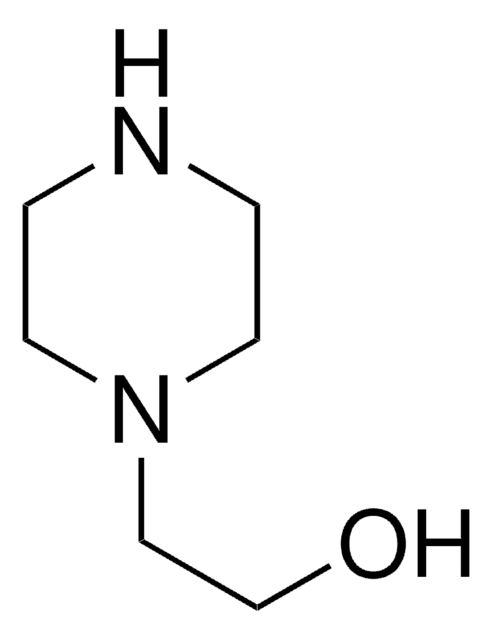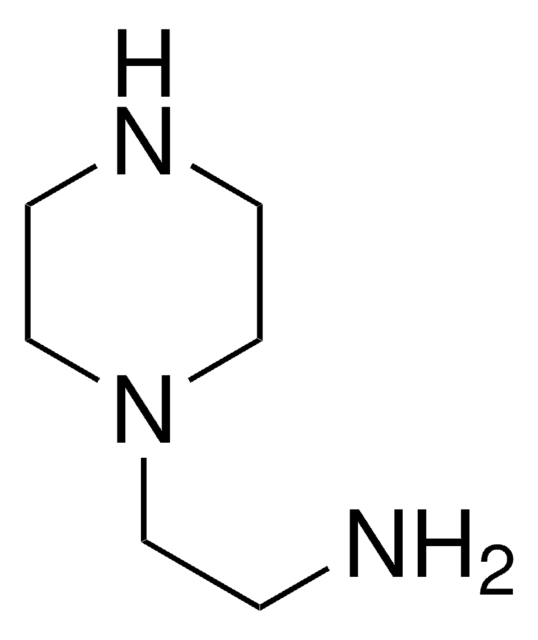127582
N-(2-Hydroxyethyl)ethylenediamine
99%
Synonym(s):
2-(2-Aminoethylamino)ethanol, N-(2-Aminoethyl)ethanolamine
About This Item
Recommended Products
vapor density
3.6 (vs air)
Quality Level
Assay
99%
refractive index
n20/D 1.485 (lit.)
bp
238-240 °C/752 mmHg (lit.)
density
1.03 g/mL at 25 °C (lit.)
functional group
amine
hydroxyl
SMILES string
NCCNCCO
InChI
1S/C4H12N2O/c5-1-2-6-3-4-7/h6-7H,1-5H2
InChI key
LHIJANUOQQMGNT-UHFFFAOYSA-N
Looking for similar products? Visit Product Comparison Guide
Application
- A precursor in the synthesis of room-temperature ionic liquids, acetate and formate ammonium salts of N-(2-hydroxyethyl)-ethylenediamine.
- A ligand in the preparation of polymeric cyano-bridged platinum(II)complexes, ligand-copper(II)carbohydrate complexes and cyano-bridged Ni-Pt and Cu-Pt coordination polymers.
It can also be used to study the aerobic biodecomposition of amines in hypersaline wastewaters.
Signal Word
Danger
Hazard Statements
Precautionary Statements
Hazard Classifications
Eye Dam. 1 - Repr. 1B - Skin Corr. 1B - Skin Sens. 1 - STOT SE 3
Target Organs
Respiratory system
Storage Class Code
6.1C - Combustible acute toxic Cat.3 / toxic compounds or compounds which causing chronic effects
WGK
WGK 1
Flash Point(F)
291.2 °F
Flash Point(C)
144 °C
Personal Protective Equipment
Regulatory Listings
Regulatory Listings are mainly provided for chemical products. Only limited information can be provided here for non-chemical products. No entry means none of the components are listed. It is the user’s obligation to ensure the safe and legal use of the product.
PDSCL
Deleterious substance
FSL
Group 4: Flammable liquids
Type 3 petroleums
Hazardous rank III
Water soluble liquid
ISHL Indicated Name
Substances Subject to be Indicated Names
ISHL Notified Names
Substances Subject to be Notified Names
JAN Code
127582-3KG:
127582-500G:
127582-250G:
127582-100G:4548173345970
127582-2.5KG:
127582-VAR:
127582-2KG:4548173912837
127582-5G:
127582-1KG:4548173912820
127582-BULK:
Choose from one of the most recent versions:
Already Own This Product?
Find documentation for the products that you have recently purchased in the Document Library.
Customers Also Viewed
Our team of scientists has experience in all areas of research including Life Science, Material Science, Chemical Synthesis, Chromatography, Analytical and many others.
Contact Technical Service
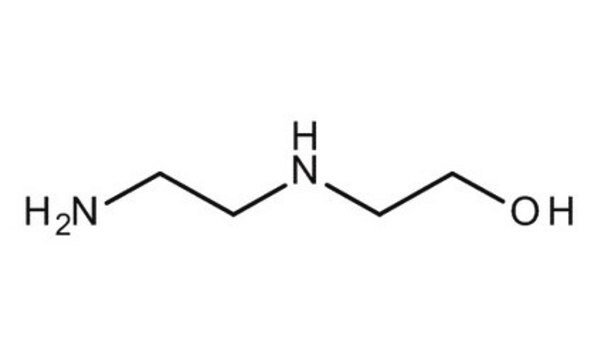
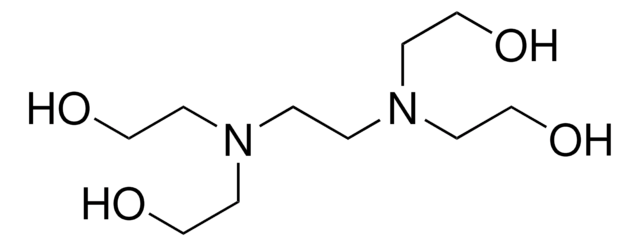





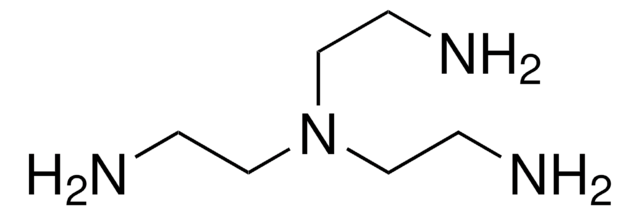
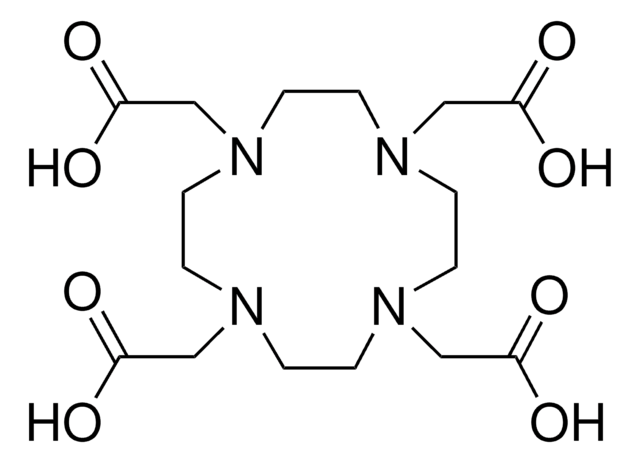



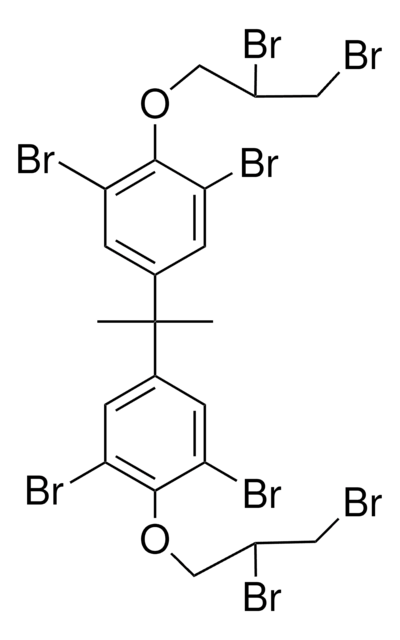

![1-[N,N-Bis(2-hydroxyethyl)amino]-2-propanol 94%](/deepweb/assets/sigmaaldrich/product/structures/219/539/52108f19-e9a0-4987-b605-9969a5cc720d/640/52108f19-e9a0-4987-b605-9969a5cc720d.png)
